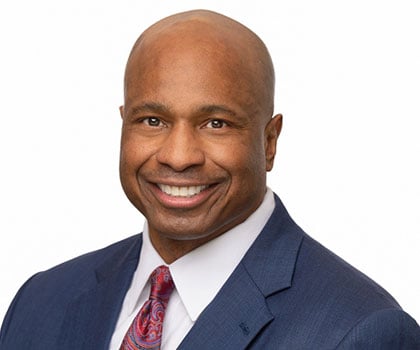Getting arrested for a drug offense in Indiana can affect every aspect of someone’s life. Drug charges can lead to major penalties and a criminal record that can affect someone’s opportunities for many years. Yet, frequently, those accused of violating Indiana drug statutes decide that the best solution is to plead guilty. They hope that the courts may sentence them leniently because they are cooperative. Especially if someone does not have a prior record, they may expect minimal punishment for a simple drug possession charge.
However, a drug conviction can lead to a lifetime of failing background checks. In some cases, even possession alone might be classified as a felony offense. There is also no surety about what penalties a judge imposes in most cases. Thankfully, for someone hoping to avoid a criminal record or major penalties imposed by a judge, there may be an alternative option for resolving pending drug charges.
The Indiana adult drug courts could help
Indiana actually has alternative courts for those in unusual situations. The problem-solving courts offer a different approach to criminal matters. Instead of looking for ways to punish someone for breaking the law, the problem-solving courts look for ways to resolve underlying issues that contribute to criminal activity.
There are both alcohol and drug treatment courts currently operating in Indiana. Non-violent offenses related to a substance abuse disorder could potentially be eligible for adjudication in the drug courts. Instead of trying to prove that someone didn’t break the law, the goal in drug court proceedings is to help someone get proper treatment.
The defendant must complete substance abuse counseling and may also need to commit to an inpatient rehabilitation program. They must attend regular meetings with court professionals and agree to perform random drug screenings to ensure they comply with program requirements.
Drug court proceedings often take roughly two years to complete, making them a much longer-lasting commitment than a criminal trial. However, those who successfully complete drug court do not have to serve a criminal sentence. They can also walk away from the situation without a permanent criminal record.
Ultimately, with so much at stake, seeking legal guidance to determine whether drug court may be a viable option is a good idea for those who have been charged with drug offenses at the state level.

